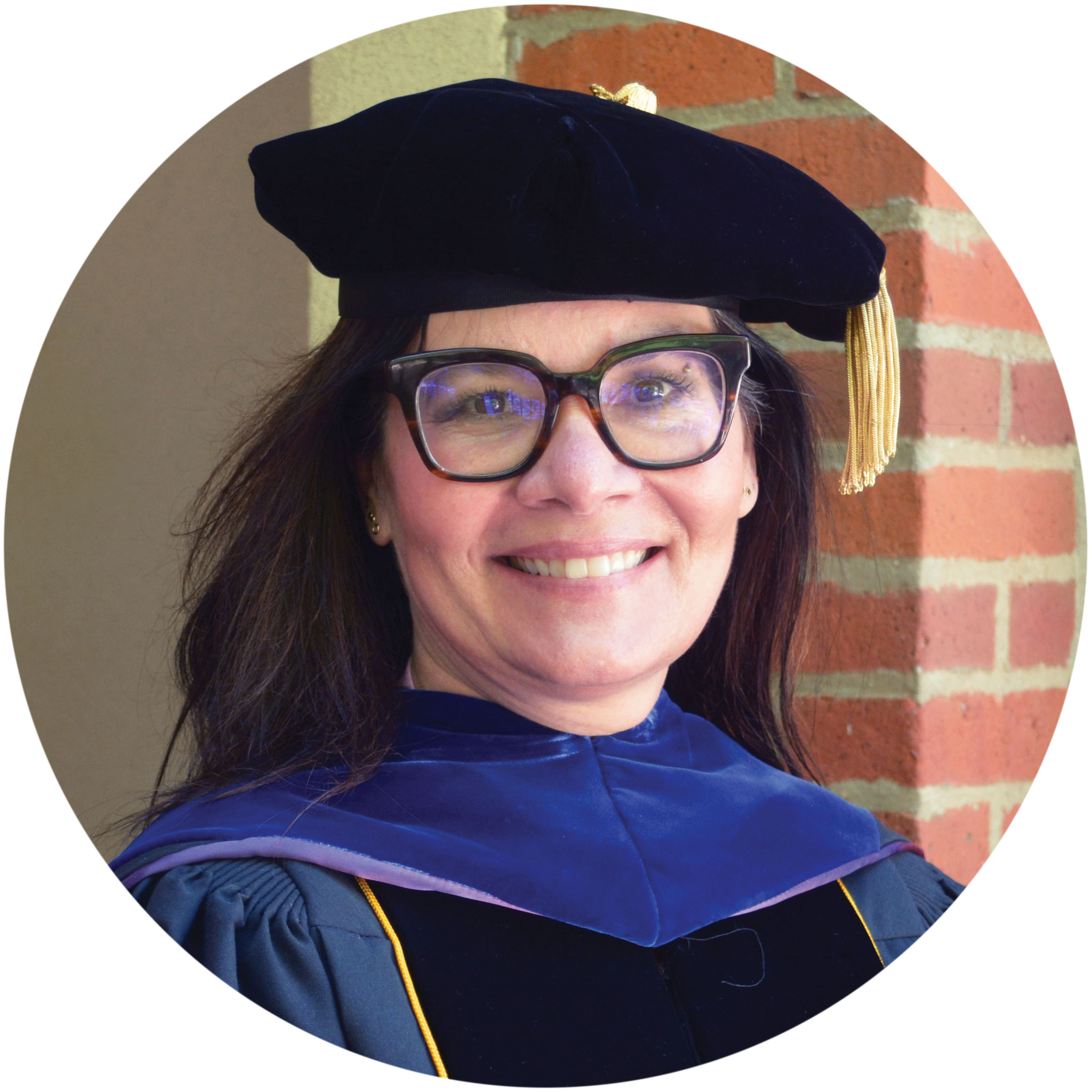“Two or three things I know for sure, and one of them is how long it takes to learn to love yourself … ”
— Dorothy Allison
Did you know Otterbein publishes a bi-annual Equity and Inclusion Matters campus newsletter? Read all back issues in the Digital Commons @ Otterbein →
Early this summer, I was at a stoplight, distracted with thoughts about work and the grocery list. I missed the light change. The driver behind me laid on the horn. I hit the gas and waved, “I’m sorry.” But my delay ignited fury. The car stayed dangerously close to my rear bumper. The horn blared. I could see the driver shouting at me through the windshield. Another red light. The car pulled up next to me. The driver rolled down the window and raged. I gripped the steering wheel and waited it out. When the car finally sped away, confusion and fear twisted my stomach. We can be so wounded by a stranger’s cruelties.
It’s worse, of course, when it’s someone we know. Someone we love. It’s worse when it’s a friend, a co-worker, a teacher, a teammate. It’s worse when the people we call home deny our humanity. We can be so wounded by rejection, disrespect, and discrimination.
After I came out, my sister didn’t speak to me for almost a year. My parents tried to be accepting and supportive, but I felt the discomfort and judgements they circled. And I needed to say I’m sorry I didn’t tell you sooner, to explain that I was afraid of unbearable losses and stayed quiet.
But we got through it. With love, patience, and empathy. We are closer now, our connections more honest and authentic. We didn’t let go. We stayed. Even when it got hard.
You are safe here, you belong here. This community wants you to find understanding, acceptance, your people, and your self here. You are home.
Inclusion is important because in its absence there is exclusion. Disconnection. Unbelonging. Inclusion is important because in its absence there is pain. But we heal in and through relationships. I remember the first time I felt completely safe with another human being. I remember the first time I felt completely known and completely loved. I remember finding place and purpose at Otterbein. From that openness, I learned to love myself.
Inclusion creates relationships of healing. I try to teach – and live – from that truth. Otterbein’s commitment to inclusion is a promise we make to each other. With it, we say, “You are safe here, you belong here. This community wants you to find understanding, acceptance, your people, and your self here. You are home.”
Professor Ashworth was recently named the 2021 Ohio LGBTQ+ Leadership Award recipient from the Ohio Diversity Council. Read more about her award in our website profile story →
Still, how do we do that? How do we do inclusion? How do we make an inclusive world?
There are lots of different answers to those questions. Many focus on simple acts of caring: a sincere “how are you,” asking for someone’s perspective on an issue, reinforcing shared experiences.
For me, the “how” is also more fundamental than that. It goes deeper than that. It works through two interdependent capacities. An ability to stay and to stay with. “With” as in together, attentive to, and in respect to. Stay with a person, stay with a newness, stay with a difference. When we stay, we hold space for each other. We commit to being in a relationship across misapprehensions and difficulty. We know that there is always more to discover, more to learn. We trust that more understanding will come in time.
And true understanding happens only through grace, humility, and compassion.

Suzanne Ashworth, Ph.D., is a professor in the Department of English and the Women’s, Gender, and Sexuality Studies Program. She recently was awarded the 2021 Ohio LGBTQ+ Leadership Award by the Ohio Diversity Council.
